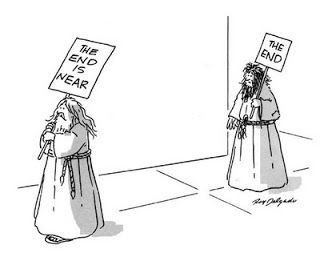Confused about the terms Watch and Warning? You're not alone. The terms Watch and Warning have been used by the National Weather Service for many years to warn the public and media about especially dangerous weather that is expected, imminent or occurring. Since we have been co-located with the National Weather Service office since 1980, we have always utilized Watch and Warnings to warn about especially dangerous avalanche conditions. It also helps to reach the public that wouldn't otherwise get avalanche information our avalanche phone lines or website.
The Purpose of Avalanche Warnings - The purpose of Avalanche Warnings is to save lives by alerting the public when avalanches are certain in many areas or when unusually dangerous or unusual avalanche conditions exist. They can also be issued when non-recreationists or people who would not otherwise access the avalanche advisory are expected to be impacted.
The trouble is that few people know the difference between a Watch and a Warning. Here is a quick tutorial:
Avalanche Warning: "Conditions are imminent or occurring"
Avalanche Watch: "Conditions are favorable or expected but not imminent or occurring"
For example, when we expect a big wind and snow storm to hit, say, tomorrow afternoon, we will issue an Avalanche Watch to alert the public that we expect dangerous conditions to occur starting tomorrow afternoon. On the morning of the expected storm, if the weather forecast seems like it will actually verify, we will issue an Avalanche Warning because it appears to be imminent. We will continue the Avalanche Warning as long as conditions remain dangerous.
In other words, a Watch means that the end of the world is coming...a Warning means the end of the world is here.
In times of these conditions, help us spread the word to friends/family that might be unaware - and stay safe out there.







